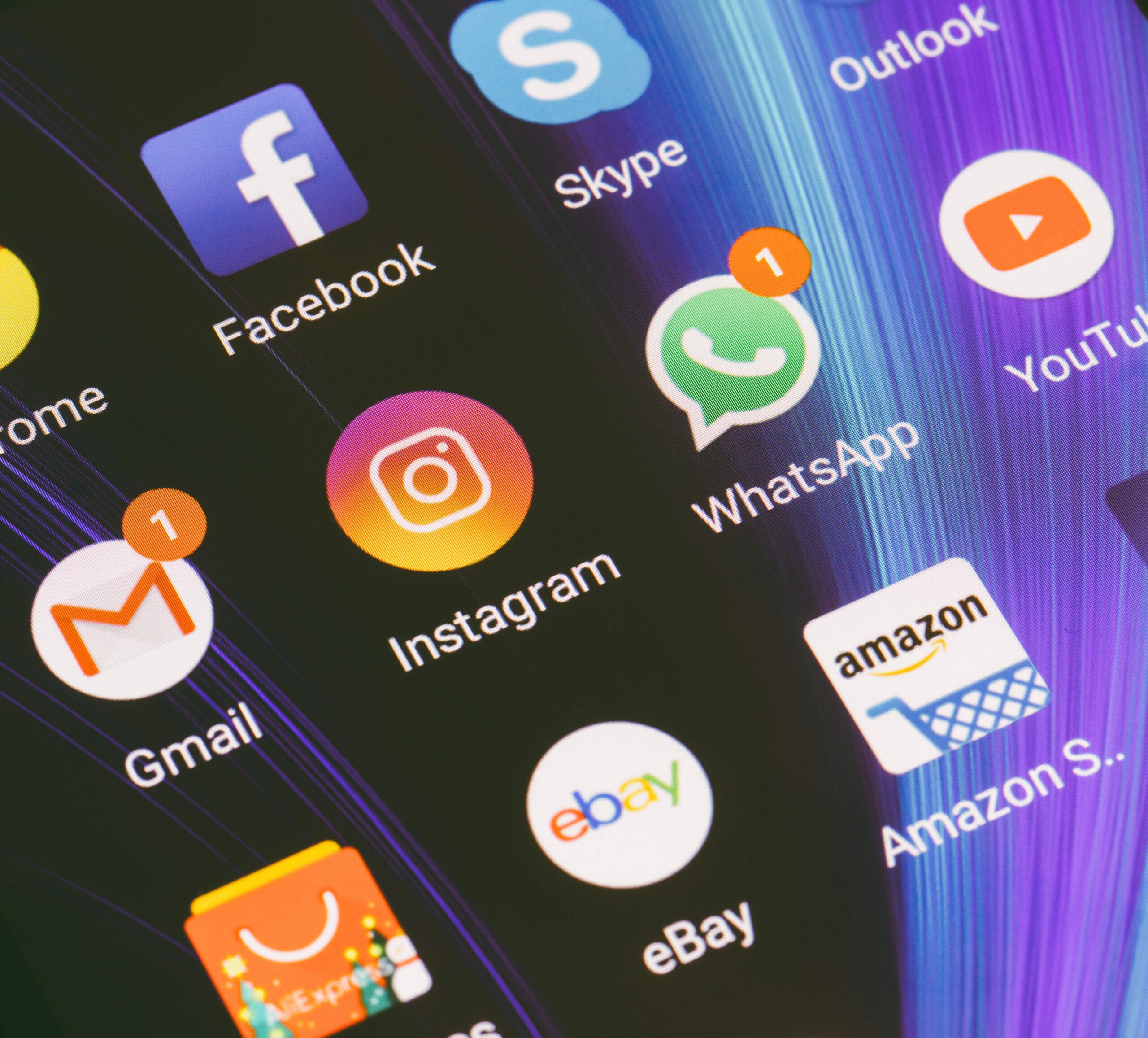
The rumours that Facebook is listening to you and serving ads on that basis refuse to die. The same goes for Google.
It will come as no surprise then that there actually are apps on your smartphone that are listening in to what you’re doing. A report in the New York Times has revealed that apps using software from a company called Alphonso are using your phone’s microphone to listen to TV ads and programmes.
Alphonso then offers this TV-viewing data to advertisers.
This tracking is available in more than 250 games on the Google Play store, whilst Alphonso’s technology is also in apps in Apple’s App Store. The Times reports that some of the apps are games aimed at children.
Why is it a big deal?
Alphonso maintains that the company cannot gain access to a user’s microphones and locations unless they agree to it. The company’s chief executive, Ashish Chordia, said:
“The consumer is opting in knowingly and can opt out at any time.”
How well do you really know your competitors?
Access the most comprehensive Company Profiles on the market, powered by GlobalData. Save hours of research. Gain competitive edge.
 Company Profile – free sample
Company Profile – free sampleThank you!
Your download email will arrive shortly
Not ready to buy yet? Download a free sample
We are confident about the unique quality of our Company Profiles. However, we want you to make the most beneficial decision for your business, so we offer a free sample that you can download by submitting the below form
By GlobalData
It’s actually really easy to prevent a company from listening to what’s going on and tracking your movements. On an iOS device, go to Settings, then Privacy and turn off location and microphone.
For an Android device, go to Apps, Notifications, then App Permissions and turn off the microphone.
However, many smartphone owners will not pay attention to the terms and conditions and app settings when they download an app. They are simply signing away their rights without realising.
This issue was raised at the recent TechUK AI Ethics conference in London. Professor Luciano Floridi, professor of philosophy and ethics of information at the University of Oxford, raised the point that now when it comes to technology, there is a distinction between a consumer, who has rights, and a user, who doesn’t.
Floridi said:
“Most people are users, not consumers. They’re getting it for free, so they are giving up their rights, and this is crucial. We’re not talking about consumers.
“If something goes wrong in a free area, you can blame the user.”
This becomes more complicated when the user in question is a child, as some of the app games using Alphonso’s tech are. If many adults don’t understand the implications of downloading a free game, how can a child?
Things are getting trickier in China
China’s Tencent, which owns the extremely popular WeChat application, has come under fire recently for monitoring its users’ chats.
WeChat, which has nearly 1bn users and is expanding worldwide, was forced to release a statement saying:
“WeChat does not store any user’s chat logs, which is only stored in users’ mobile phones, computers and other terminals. WeChat will not use any content from user chats for big data analysis.
“Given that WeChat’s technical model does not store or analyse user chats, the rumour that “we are watching your WeChat every day” is pure misunderstanding.”
However, Quartz has pointed out that under China’s cybersecurity laws internet companies are required to store internet logs and relevant data for at least six months to assist law enforcement. This is something the UK government enshrined into UK law under the Investigatory Powers Act 2016.
As a result, WeChat’s privacy policy states that it may need to “retain, disclose and use” user information if the government asks it too.
These incidences are part of the worrying trend about how data is being harvested by companies, without the users’ knowledge, to sell advertising, or in WeChat’s case, be served to the government.








